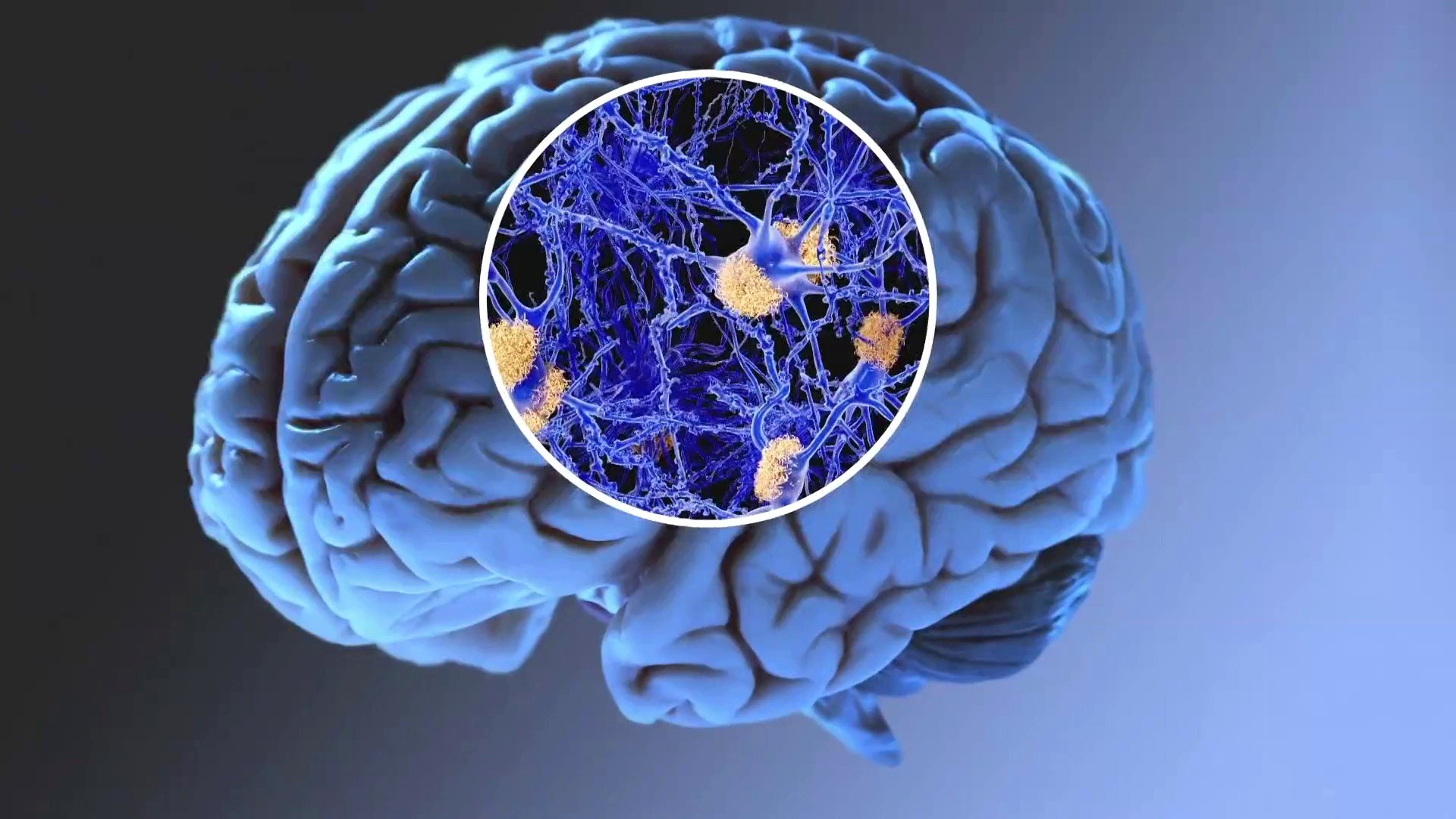What is Donanemab?
Alzheimer’s disease, a debilitating neurodegenerative disorder, has long posed challenges for medical professionals and researchers. However, recent developments have brought hope with the approval of a new drug called Donanemab.
A Monoclonal Antibody for Alzheimer’s
Donanemab, a monoclonal antibody, has gained attention as a recently approved drug for Alzheimer’s disease. Monoclonal antibodies are designed to target specific molecules in the body, and in the case of Alzheimer’s, Donanemab specifically targets amyloid beta protein plaques, which are considered a defining feature of the disease.
Slowing Cognitive Decline
Early Alzheimer’s patients who received Donanemab experienced a remarkable slowdown in cognitive decline. Clinical trials revealed that Donanemab reduced cognitive decline by 35.1%. The effectiveness of the therapy is measured not only through cognitive decline but also by assessing memory and motor skills, which are vital aspects of daily activities.
Adverse Effects and Considerations
While Donanemab shows promise, it is essential to consider the potential adverse effects associated with drugs that clear out amyloid beta proteins. One notable adverse effect is Amyloid-related imaging abnormalities (ARIA), which may involve brain swelling or bleeding. Approximately 24% of participants given Donanemab experienced ARIA-related brain swelling. It is crucial to closely monitor and manage these adverse effects during treatment.
Administration and Treatment Schedule
Donanemab’s administration requires an infusion every four weeks. This less frequent schedule distinguishes it from another drug, Lecanemab, which requires infusions every two weeks. The reduced frequency of infusions can alleviate the burden on patients and reduce long-term treatment costs.
Investigating Other Modalities
While Donanemab has shown significant efficacy, it is important to acknowledge that Alzheimer’s disease encompasses multiple mechanisms that necessitate exploring various treatment modalities. Currently, researchers are focusing on investigating iron build-up and oxidative stress in the brain, triggered by declining levels of the antioxidant glutathione. This highlights the need for comprehensive research and alternative approaches to address the complexity of Alzheimer’s disease.
The Importance of Diverse Treatment Approaches
Alzheimer’s disease demands a multifaceted approach to treatment. While Donanemab represents a significant breakthrough, it is crucial to continue exploring other targets and mechanisms involved in the disease. By diversifying treatment modalities, researchers can develop more effective therapies that target different aspects of Alzheimer’s pathology.
Month: Current Affairs - July, 2023
Category: Science & Technology Current Affairs


